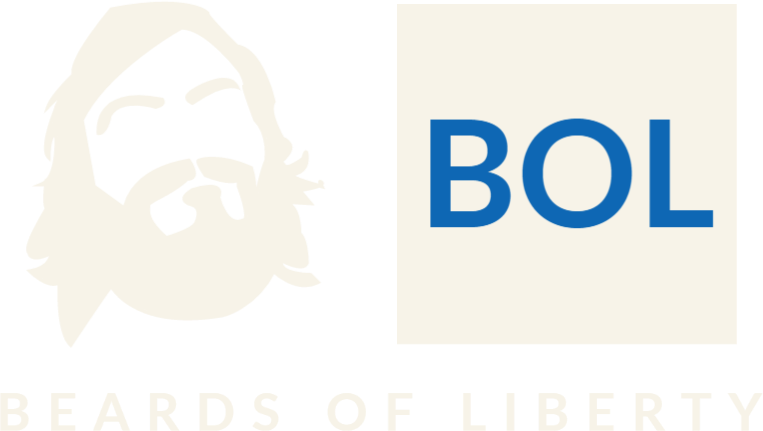Recent allegations of forced labor practices within the electric vehicle (EV) supply chains of major automakers Ford and Volkswagen have stirred controversy, prompting calls for stricter regulations and scrutiny. The accusations revolve around Chinese suppliers exploiting forced labor, particularly from the Uyghur Muslim minority in Xinjiang, China. This has intensified following investigations implicating some suppliers to these automakers. In response, there are increasing demands for legislative action to ensure ethical production practices.
Forced Labor Allegations
The crux of the issue lies in accusations that Chinese suppliers involved in EV battery production have exploited forced labor, particularly from the Uyghur Muslim minority in Xinjiang. Human rights organizations have long reported on harsh conditions and coercive labor practices in this region. Workers are reportedly subjected to intense surveillance, limited freedom, and poor working conditions. This raises ethical concerns about sourcing materials crucial for EV manufacturing.
The Biden Administration’s unprecedented tariff moratorium was a gift to the CCP and its dirty coal, forced labor solar industry.
Today, it ended.
OUR STATEMENT ➔ https://t.co/JGTvt5AFeD pic.twitter.com/YK9AWckwei
— The Coalition for a Prosperous America (@cpa_tradereform) June 6, 2024
Investigation and Implications
The controversy escalated following an investigation that suggested some suppliers to Ford and Volkswagen may be involved. The scrutiny primarily focuses on the supply chains of lithium-ion batteries, which are crucial for EV operation. With the global push towards greener technologies, the integrity of these supply chains has become a significant issue. Activists argue that the shift to sustainable energy should not come at the cost of human rights violations.
Call for Legislative Action
In response to these allegations, calls for legislative action have increased to ensure ethical practices in EV component production. Lawmakers and advocacy groups are urging comprehensive regulations that would hold companies accountable for any human rights abuses within their supply chains. This could involve stricter import controls and mandatory disclosures regarding material origins used in manufacturing.
This is one of the most robust Chinese language Congressional investigation on battery supply chain links to Uyghur forced labor. It's up to Congress and the Biden Administration to establish a bright red line and add Gotion and CATL to the UFLPA entity list https://t.co/Am8g4PWcEl
— Jake Parker (@jacob___parker) June 6, 2024
Corporate Response and Broader Implications
Ford and Volkswagen have both stated their commitment to ethical sourcing, conducting internal reviews to ensure compliance with human rights standards. They emphasize their dedication to sustainable and responsible practices, asserting they do not condone forced labor. However, the effectiveness of these internal measures remains under scrutiny as external pressures mount. These allegations highlight the need for transparency and accountability across global supply chains, particularly in industries heavily reliant on raw materials from regions with questionable labor practices.
The Future of EV Market and Supply Chain Ethics
This controversy underscores the complex interplay between the drive for sustainable technologies and the imperative to uphold human rights. As investigations continue, it remains to be seen how Ford, Volkswagen, and other implicated companies will address these serious concerns and what impact this will have on the EV market and global supply chain ethics.
Source: Right Wing Insider








Leave a Comment